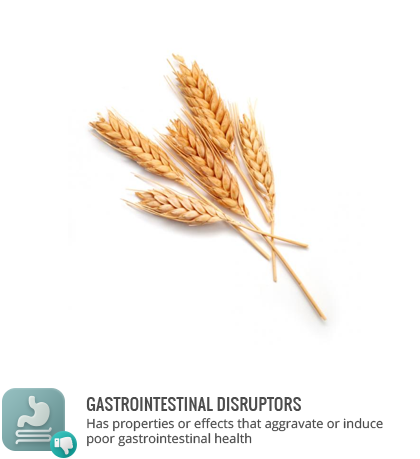Wheat
Definition
Wheat is a staple grain in the human diet. It is however a common allergen and contains gluten, which is problematic for Coeliac Disease sufferers in particular. There are multiple cultivars of wheat, such as hard red winter and soft white, which are used for the production of various flours with varying protein content.
Health considerations
Whole grain wheat is a source of fiber and protein, as well as a nmber of micronutrients. Wheat contains vitamin E and B vitamins excepting B12, as well as iron, magnesium, phosphorus, selenium, manganese, copper, zinc, and potassium. Commercial wheat flours are typically refined and bleached, which diminishes overall nutritional profile. Whole grain wheat flour consumption is associated with greater health benefits than consumption of refined flour. See: Wheat flour enrichment; Wheat flour, whole wheat; Wheat flour, all-purpose. Wheat germ; Wheat bran; Gluten
Keep in mind
Wheat is unsuitable for individuals sensitive to gluten.
May be found in
Breads, pastries, cakes, cookies, prepared meals, pastas, quickbreads, in trace amounts in a variety of foods, modified starches, seitan, processed meats.
References
Nutrition, Metabolism and Cardiovascular Diseases
The American Journal of Clinical Nutrition
Self Nutrition Data


